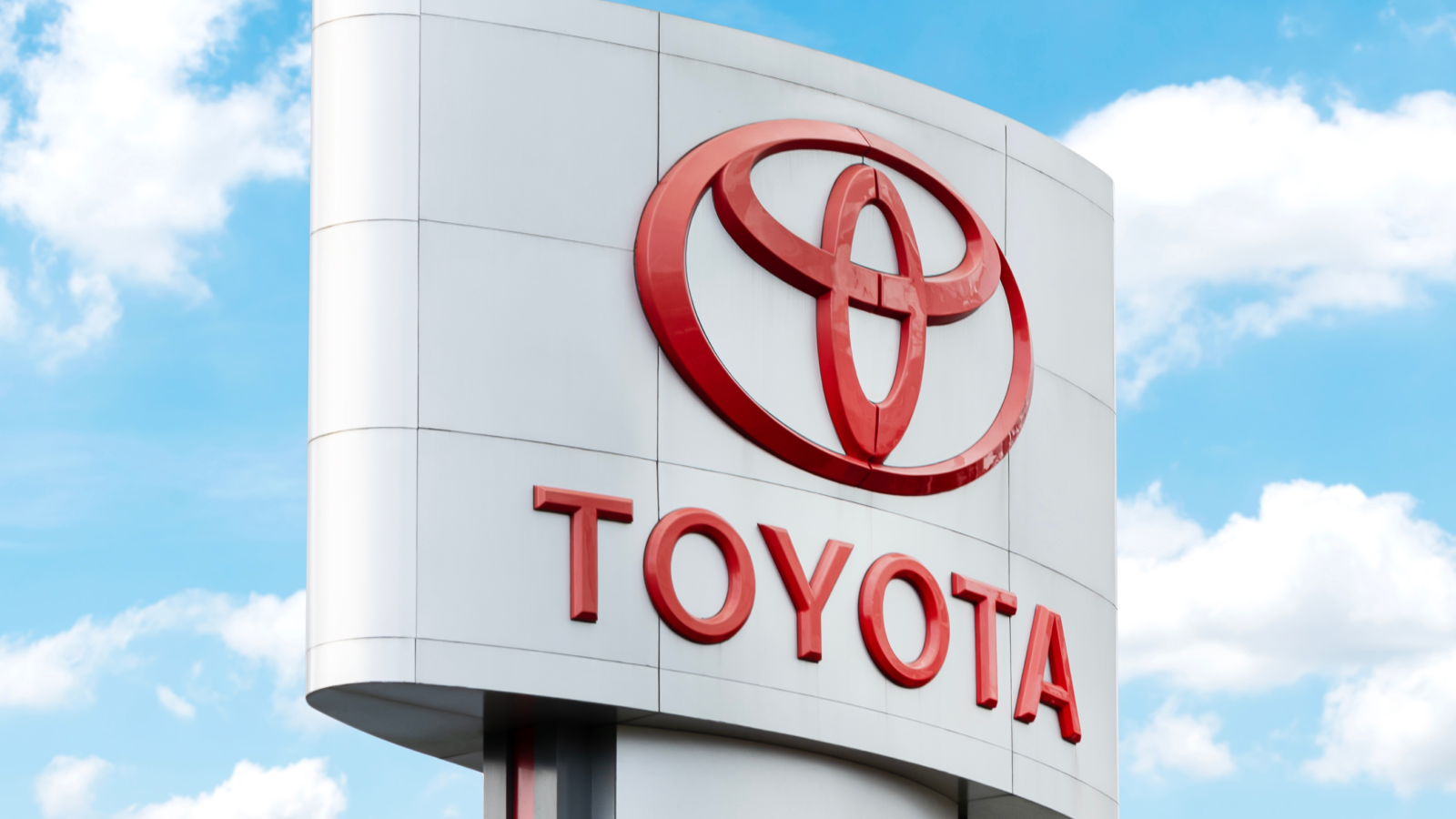Toyota to launch world's first EV with a solid-state battery by 2027 — they're expected to last longer and charge faster
New solid-state batteries will be made from a new "highly durable" cathode material and will power a car for much longer than conventional EV batteries.

Get the world’s most fascinating discoveries delivered straight to your inbox.
You are now subscribed
Your newsletter sign-up was successful
Want to add more newsletters?

Delivered Daily
Daily Newsletter
Sign up for the latest discoveries, groundbreaking research and fascinating breakthroughs that impact you and the wider world direct to your inbox.

Once a week
Life's Little Mysteries
Feed your curiosity with an exclusive mystery every week, solved with science and delivered direct to your inbox before it's seen anywhere else.

Once a week
How It Works
Sign up to our free science & technology newsletter for your weekly fix of fascinating articles, quick quizzes, amazing images, and more

Delivered daily
Space.com Newsletter
Breaking space news, the latest updates on rocket launches, skywatching events and more!

Once a month
Watch This Space
Sign up to our monthly entertainment newsletter to keep up with all our coverage of the latest sci-fi and space movies, tv shows, games and books.

Once a week
Night Sky This Week
Discover this week's must-see night sky events, moon phases, and stunning astrophotos. Sign up for our skywatching newsletter and explore the universe with us!
Join the club
Get full access to premium articles, exclusive features and a growing list of member rewards.
One of the world's biggest car manufacturers has announced plans to mass-produce a type of battery for electric vehicles (EVs) that can last far longer and charge much quicker than current technologies.
On October 8, Toyota and the Japan-based Sumitomo Metal Mining Company announced a joint venture to mass-produce cathode materials for solid-state batteries, to be used in the automaker’s battery-powered EVs.
Toyota plans to launch a line of cars featuring the new solid-state battery in 2027 or 2028, company representatives said in a statement.
Together, the companies "aim to achieve the world’s first practical use of all-solid-state batteries " in battery-powered EVs, the statement added.
A typical lithium-ion battery has a liquid electrolyte solution sandwiched between two solid electrodes. The new solid-state battery would replace that liquid electrolyte with a third solid.
Because the liquid electrolyte in lithium-ion batteries is flammable, switching to a solid-state battery comes with a lower fire risk. Solid-state batteries also have the potential for higher energy densities than lithium-ion batteries, meaning they could power a car for longer with the same size battery.
Toyota and Sumitomo Metal Mining have been researching materials for solid-state batteries together since 2021. As part of the push toward a solid-state battery for electric vehicles, the two companies have developed what they describe as a "highly durable cathode material," which will act as one of the electrodes in the planned solid-state batteries. Neither company has released details about the new cathode material.
Get the world’s most fascinating discoveries delivered straight to your inbox.
Sumitomo Metal Mining plans to supply this cathode material to manufacturers beginning in 2028, a company spokesperson told Reuters.
"We will prioritize supplying Toyota, then respond flexibly to market demand," the spokesperson said.
In addition to Toyota, carmakers such as Honda, Nissan, BMW and Volkswagen are developing their own solid-state batteries, alone or in partnerships with other companies. Many aim to release electric vehicles containing solid-state batteries in the next few years, according to Inside EVs.
Honda has previously said it would begin producing solid-state batteries for EVs that could deliver 620 miles (1,000 kilometers) on a single charge by 2030. This would more than double the range of the best EVs on the market today.
ProLogium, a ceramic battery maker, also unveiled a solid-state battery concept last year that could be charged from 5% to 60% capacity in just five minutes.

Skyler Ware is a freelance science journalist covering chemistry, biology, paleontology and Earth science. She was a 2023 AAAS Mass Media Science and Engineering Fellow at Science News. Her work has also appeared in Science News Explores, ZME Science and Chembites, among others. Skyler has a Ph.D. in chemistry from Caltech.
You must confirm your public display name before commenting
Please logout and then login again, you will then be prompted to enter your display name.
 Live Science Plus
Live Science Plus










